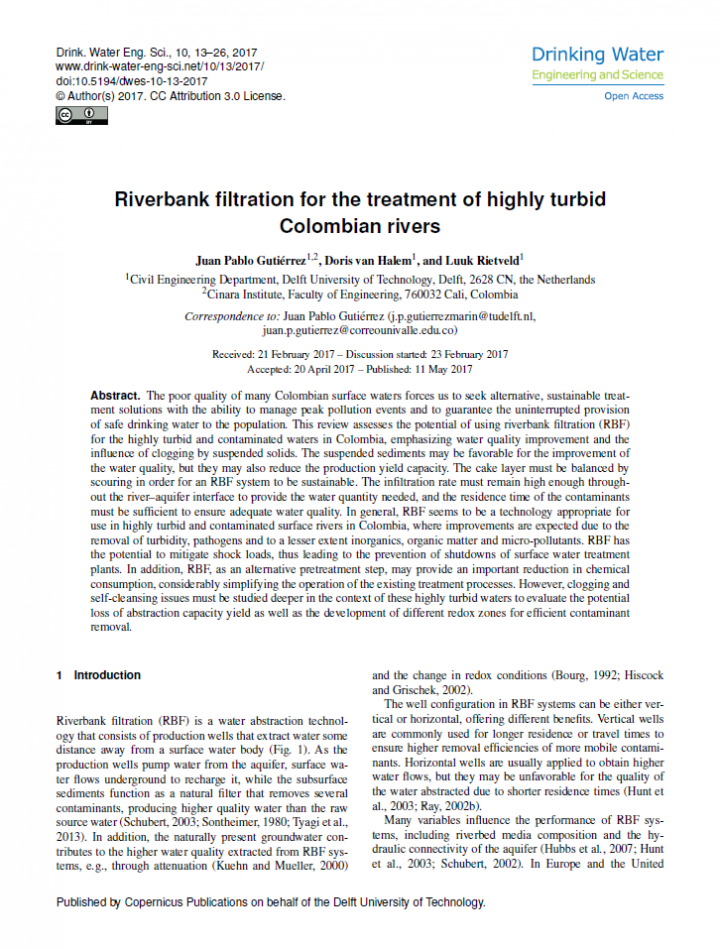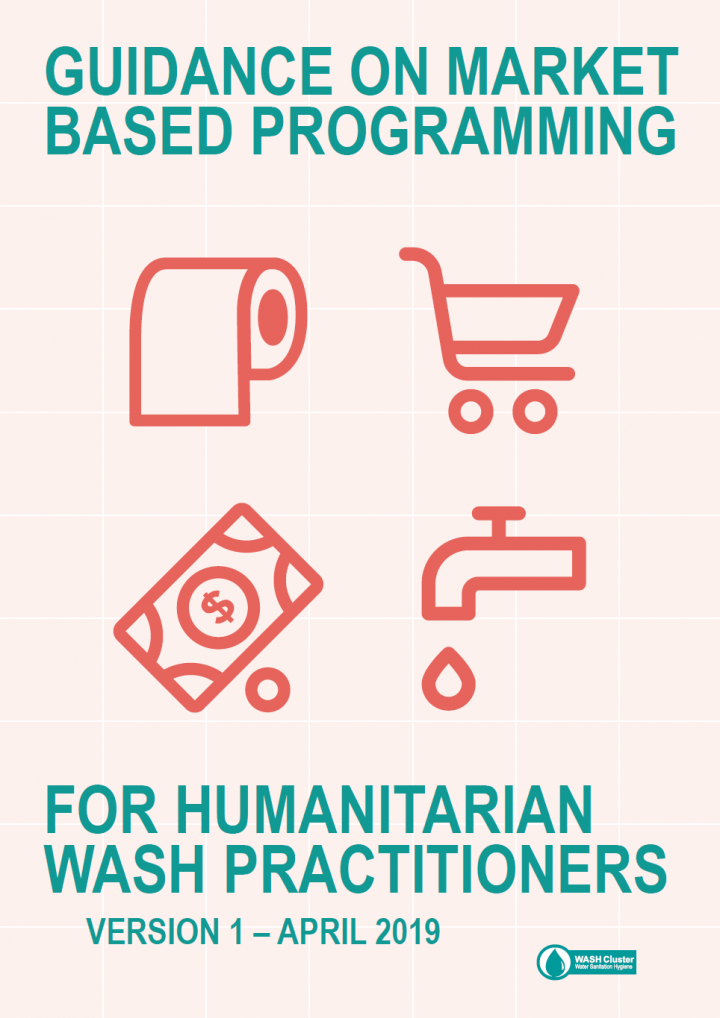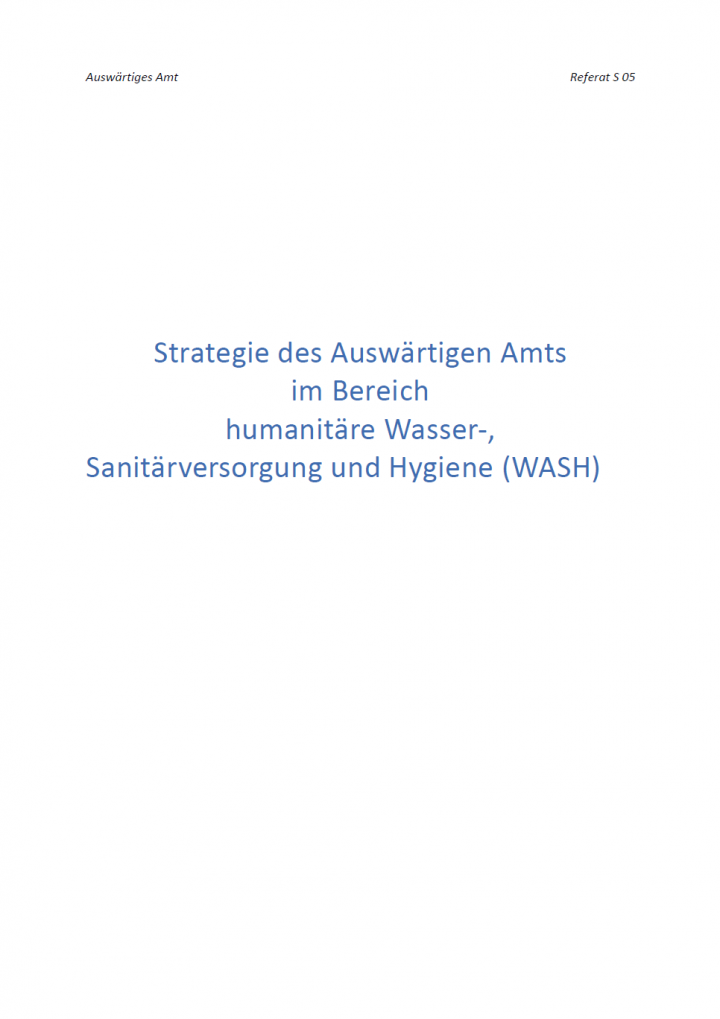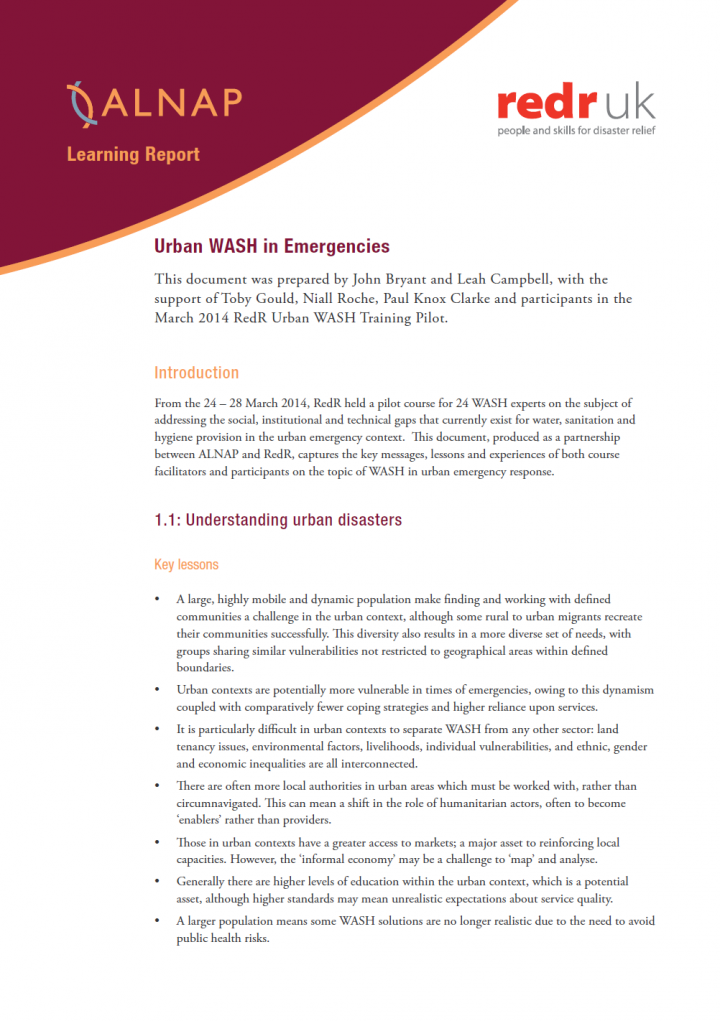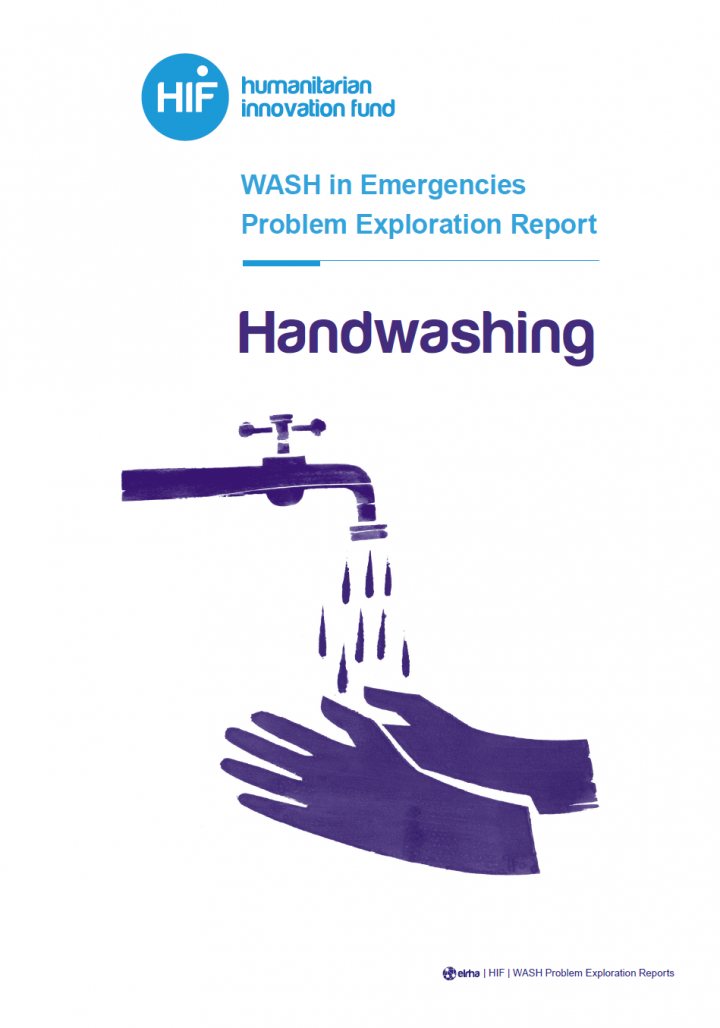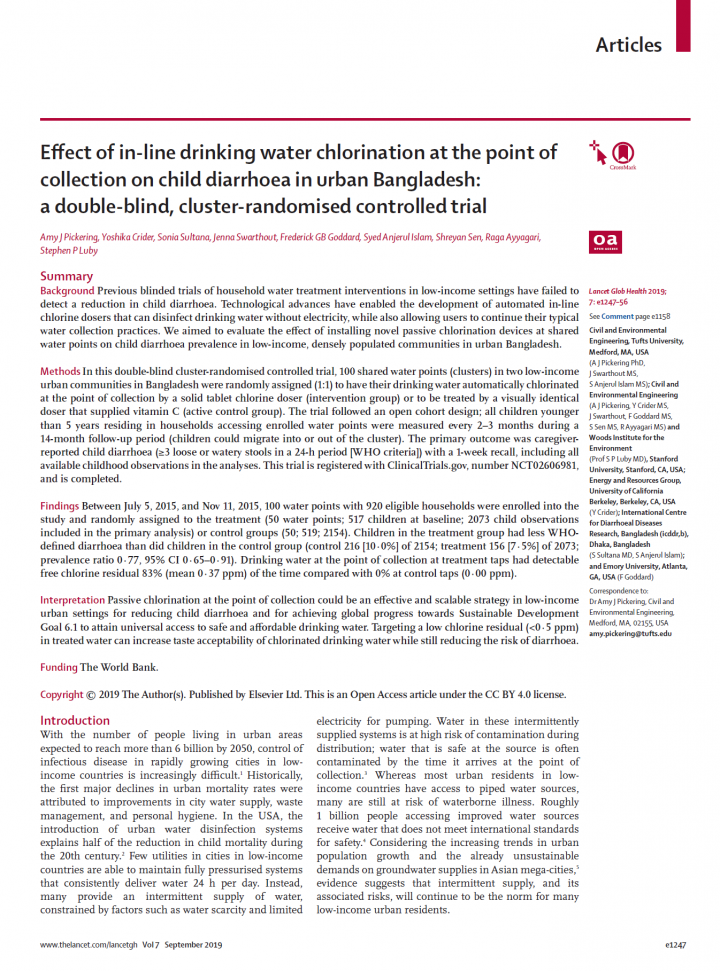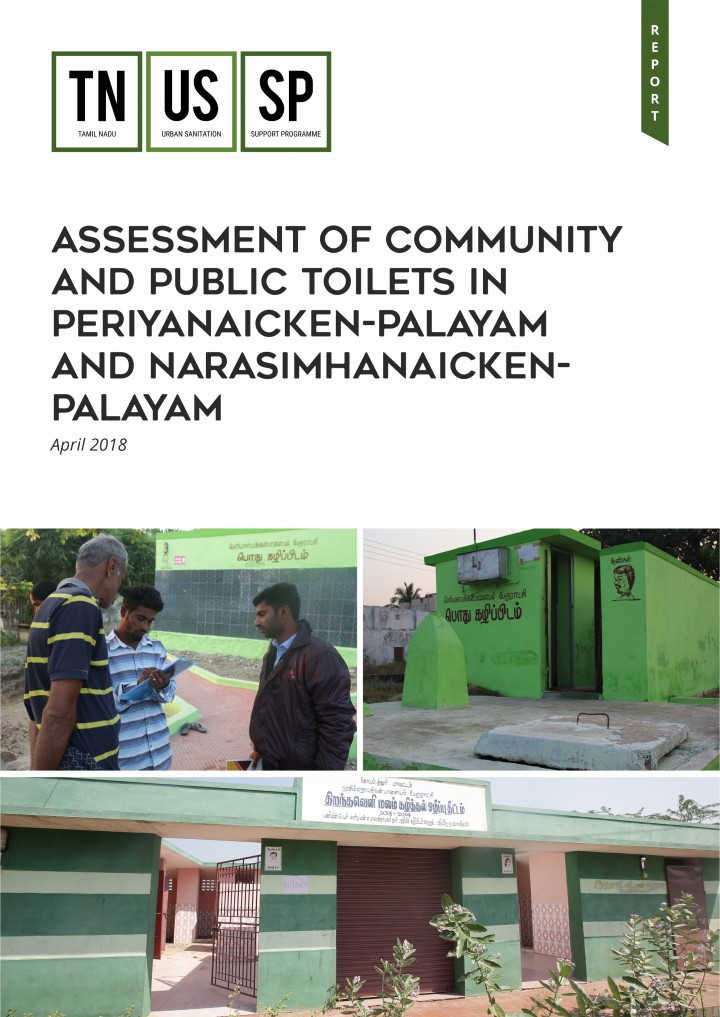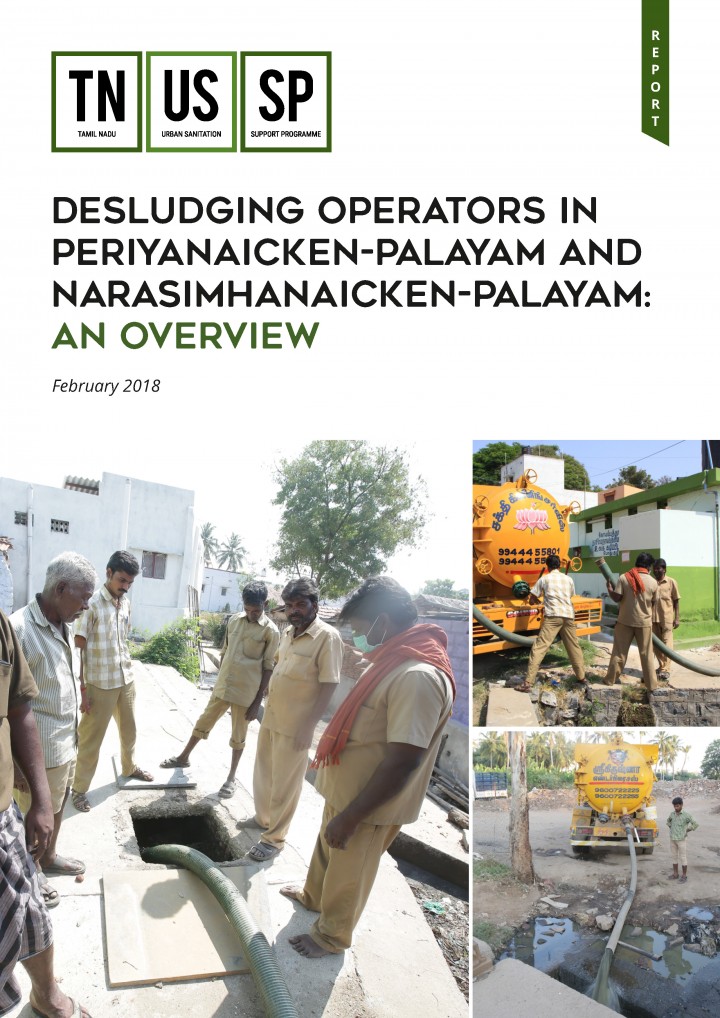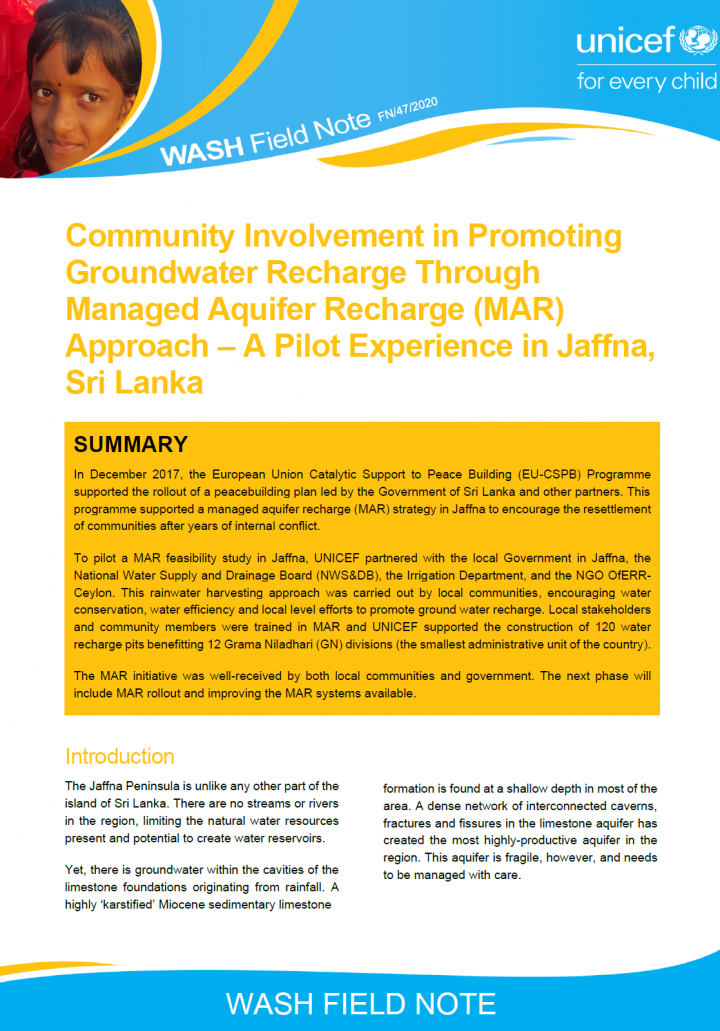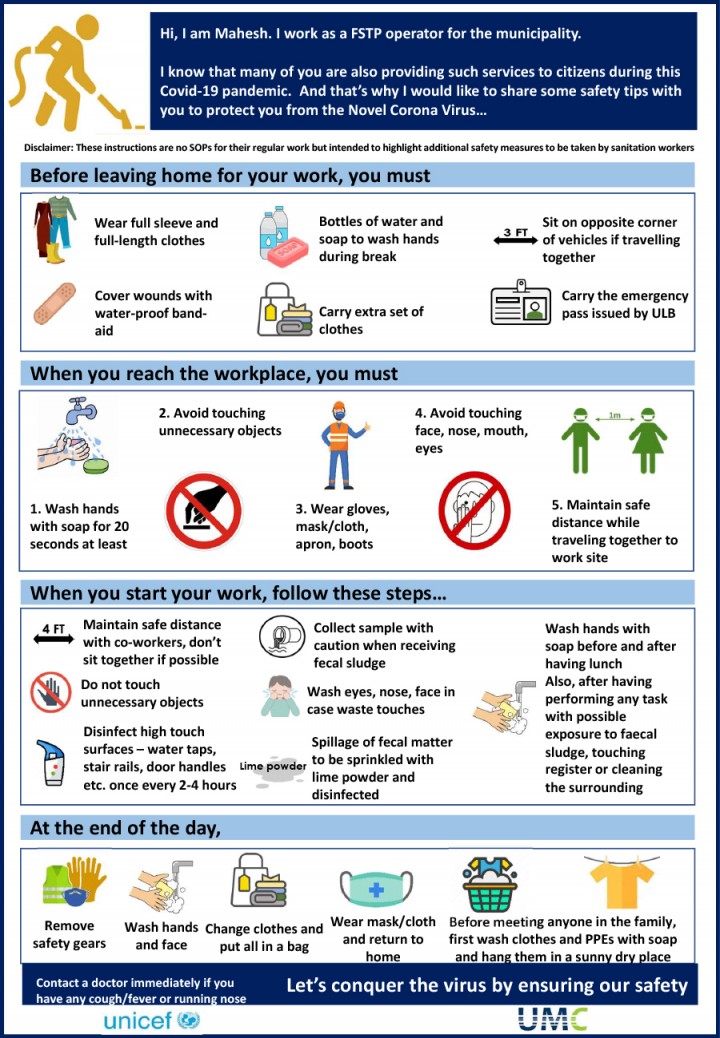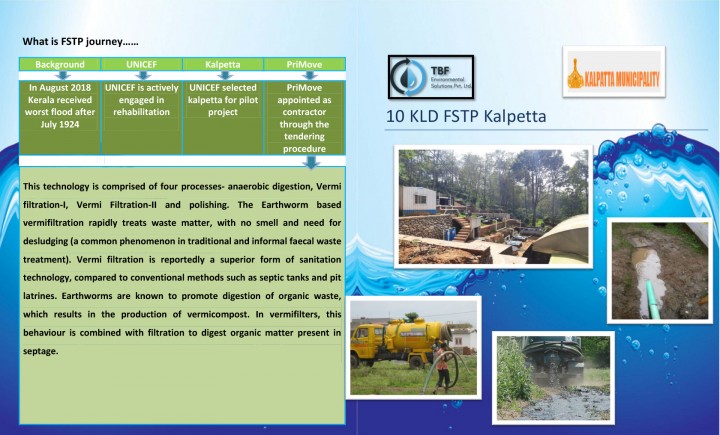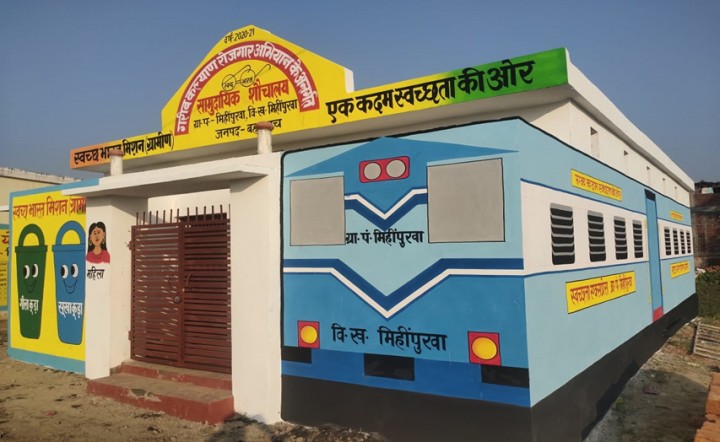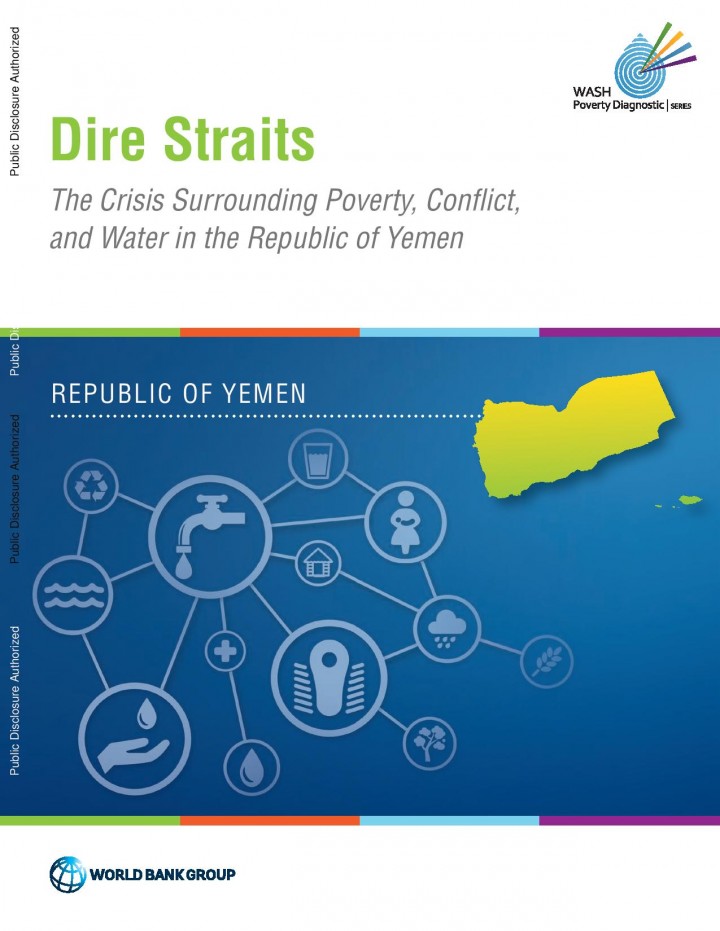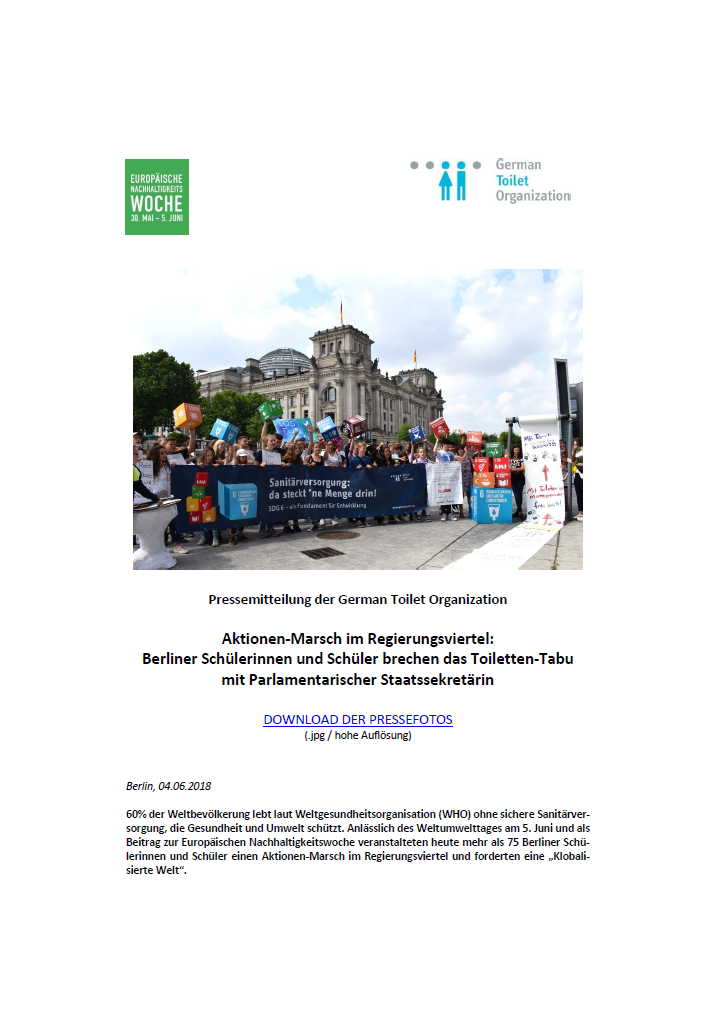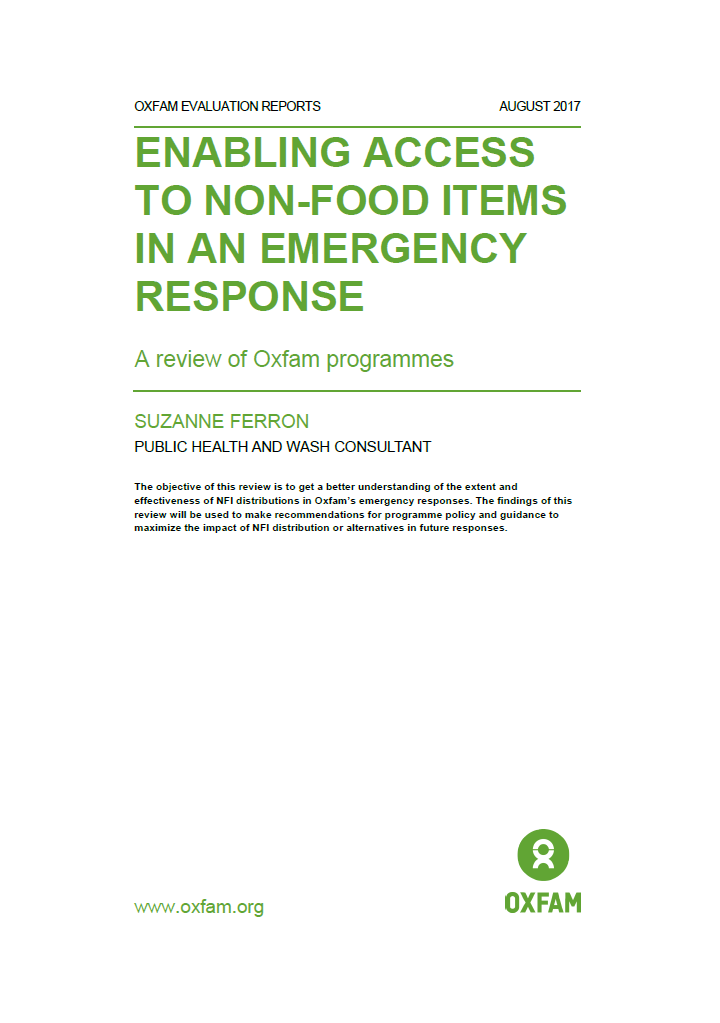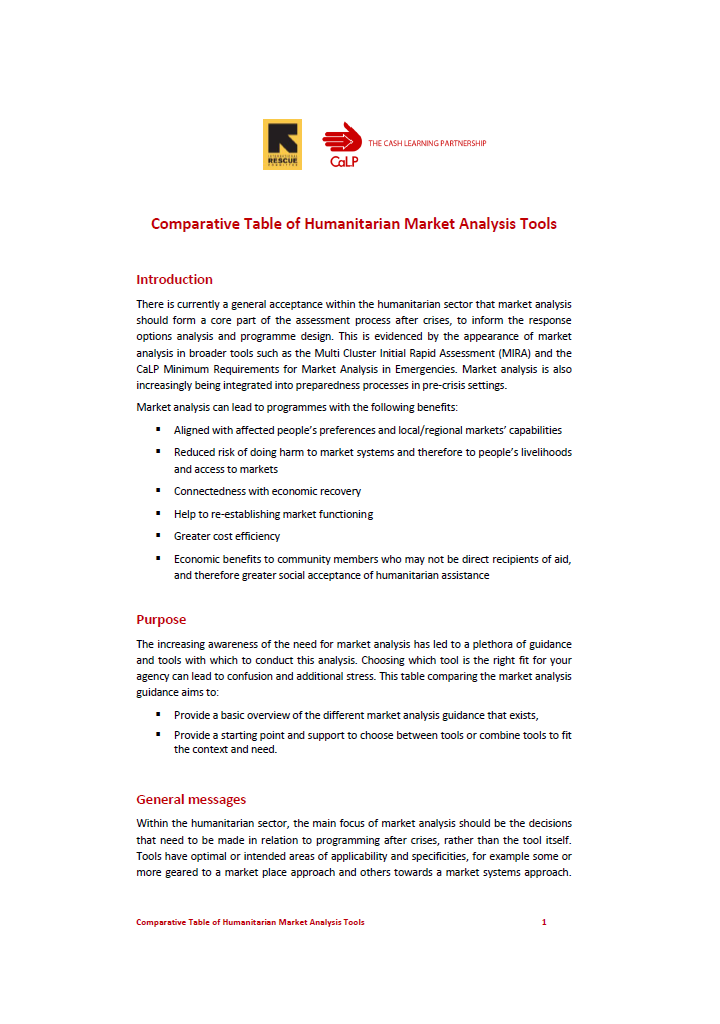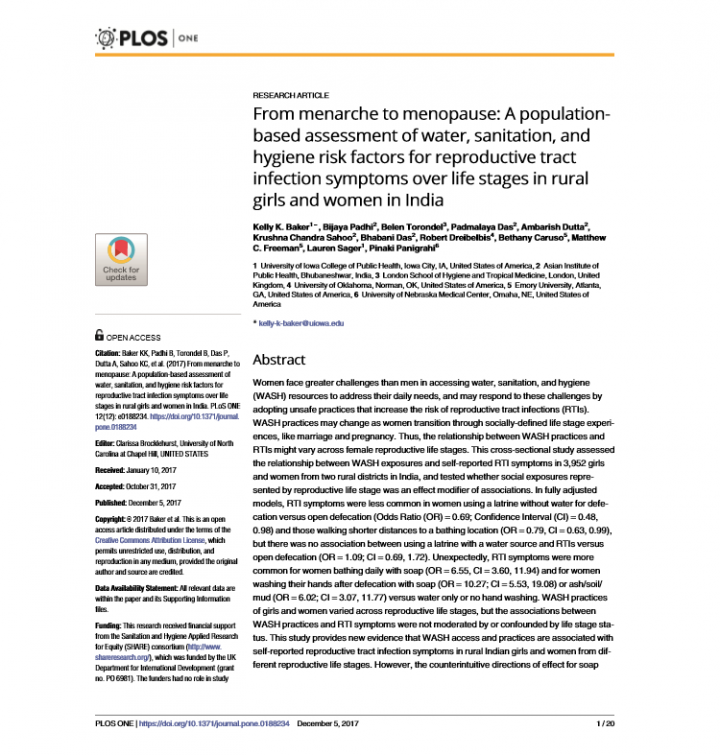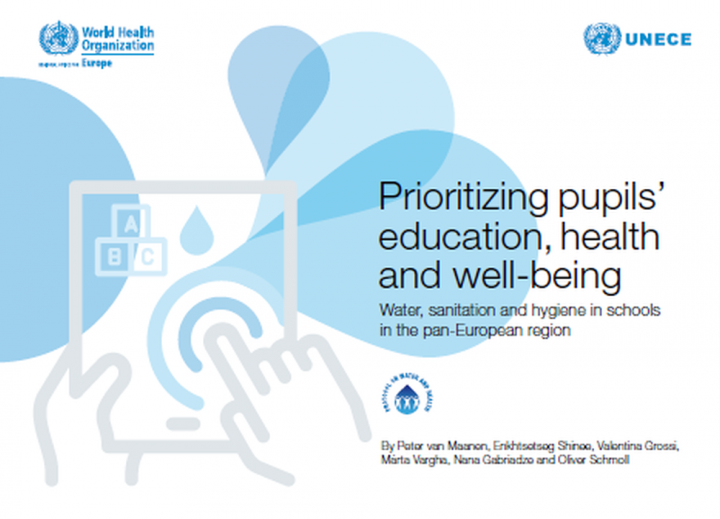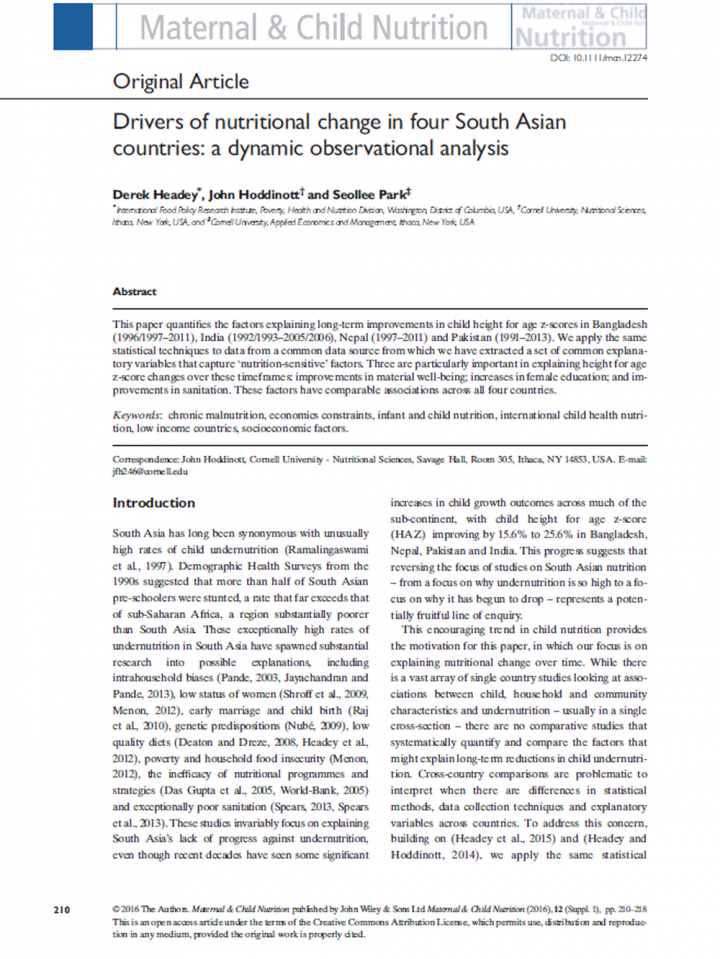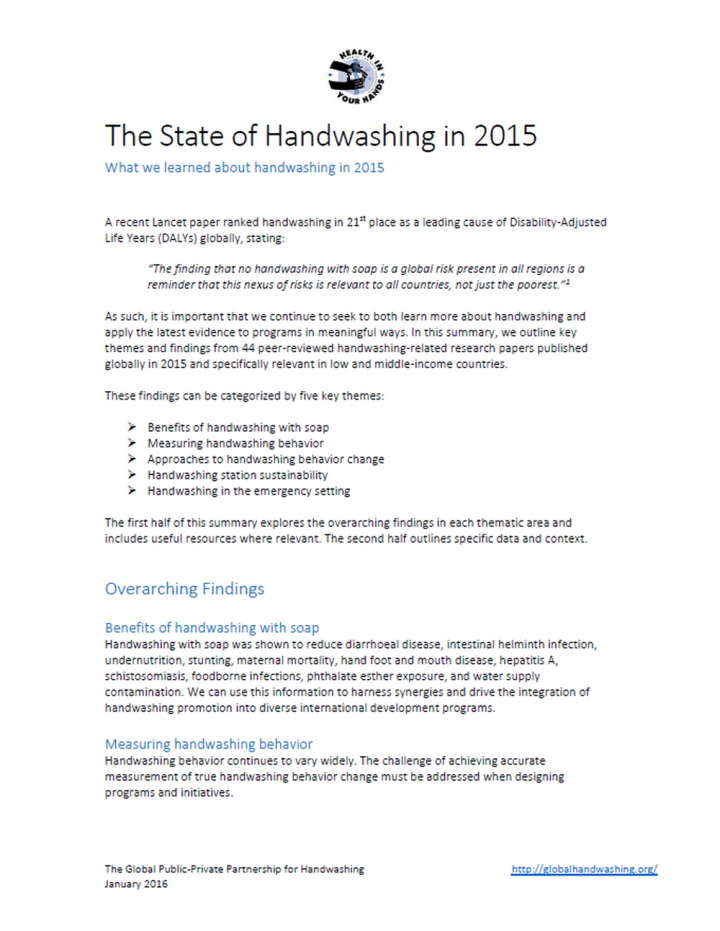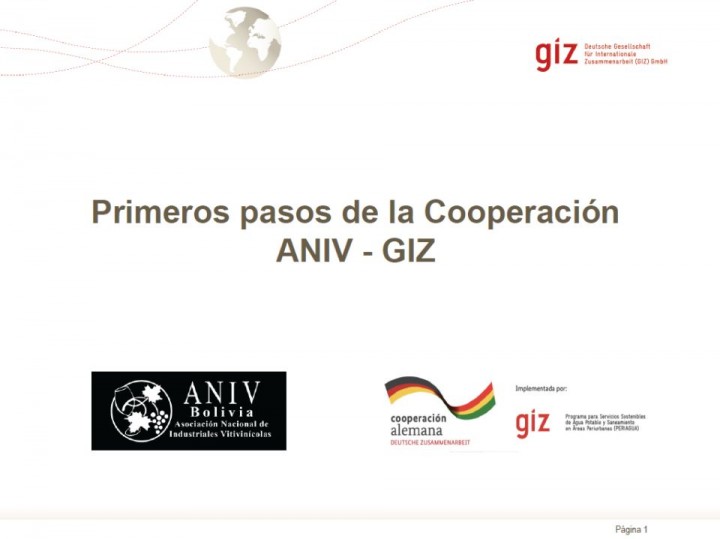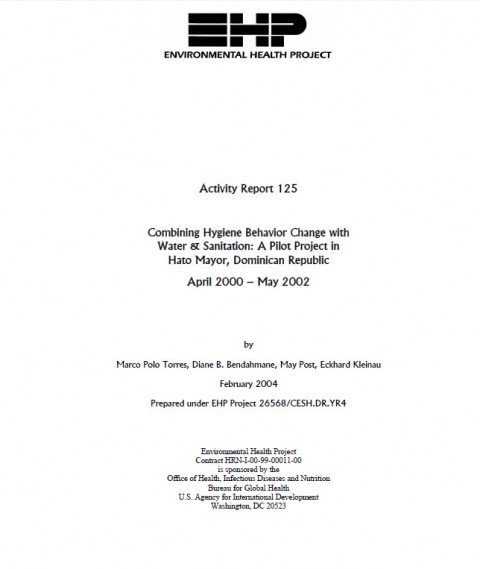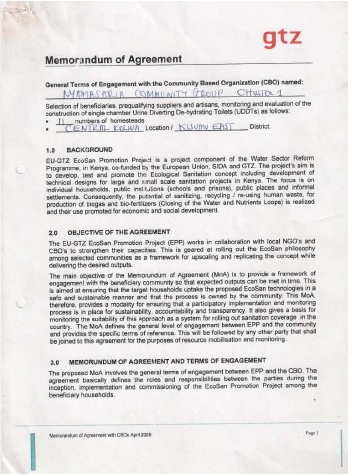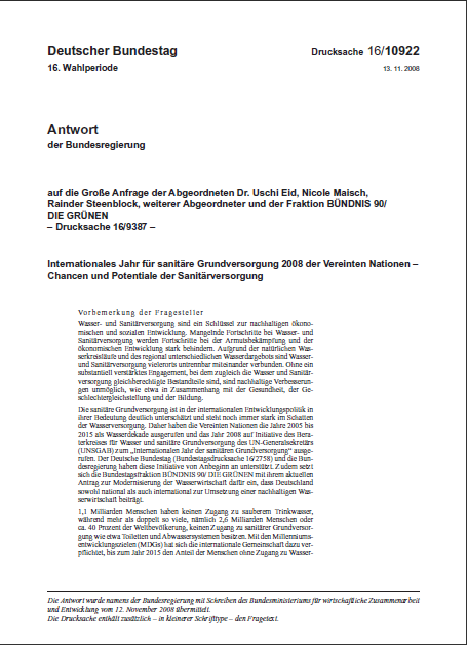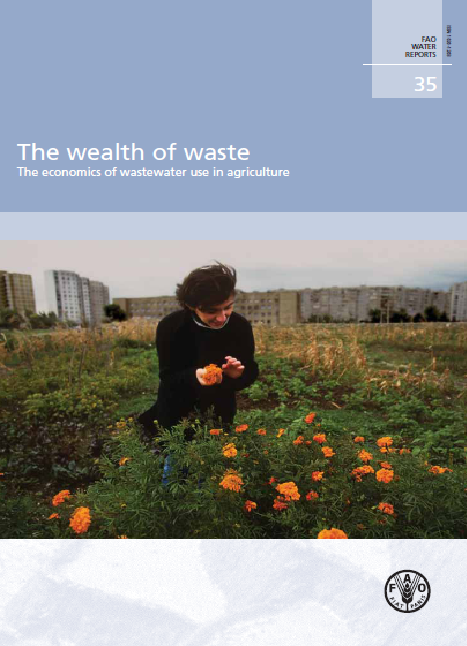Searching for information on Sanitation Workers?
The Sanitation Workers Knowledge + Learning Hub is the best source for all current news, trends, articles and updates on sanitation workers rights around the world.
The poor quality of many Colombian surface waters forces us to seek alternative, sustainable treatment solutions with the ability to manage peak pollution events and to guarantee the uninterrupted provision of safe drinking water to the population. This review assesses the potential of using riverbank filtration (RBF) for the highly turbid and contaminated waters in Colombia, emphasizing water …
WASH markets are likely to be affected by a crisis. It can create disruption of both supply of and access to WASH-related goods and services. Both need to be considered and addressed by humanitarian responses to people’s needs. But if humanitarian agencies do not consider markets, interventions can accidentally harm these markets and the whole population depending on them. In the case of weak …
Zugang zu sauberem Trinkwasser und eine hygienische Abwasserentsorgung gehören zu den Menschenrechten und den menschlichen Grundbedürfnissen, die in humanitären Notsituationen gewährleistet werden müssen. Fehlende Abwasserentsorgung und mangelnde Hygiene stellen gerade für ohnehin vulnerable Gruppen ein erhebliches gesundheitliches Risiko dar. Humanitäre Maßnahmen im Bereich Wasser-, …
From the 24 – 28 March 2014, RedR held a pilot course for 24 WASH experts on the subject of
addressing the social, institutional and technical gaps that currently exist for water, sanitation and
hygiene provision in the urban emergency context. This document, produced as a partnership
between ALNAP and RedR, captures the key messages, lessons and experiences of both course
facilitators …
The promotion and uptake of effective handwashing practices are critical in ensuring the health of populations affected by emergencies and humanitarian crises. Along with general public health benefits, handwashing can reduce the risk of diarrhoeal disease by up to 50% (Curtis and Cairncross, 2003; Fewtrell et al., 2005; Luby et al., 2005). Handwashing with soap is recognised as an easy, …
Previous blinded trials of household water treatment interventions in low-income settings have failed to detect a reduction in child diarrhoea. Technological advances have enabled the development of automated in-line chlorine dosers that can disinfect drinking water without electricity, while also allowing users to continue their typical water collection practices. We aimed to …
TNUSSP carried an assessment of Community Toilets and Public Toilets facilities in the two town panchayats Periyanaicken-Palayam and Narasimhanaicken-Palayam in Coimbatore district. The assessment aimed to profile the facilities in terms of their existing infrastructure, waste and waste management, and operation and maintenance practices. Further, toilet usage patterns were analysed and exit …
Safe collection and safe disposal of fecal sludge is a critical component of septage management in which desludging operators play a central role. In order to understand their work, consultations were conducted with desludging operators in the Periyanaicken Palayam and Narasimhanaicken Palayam town panchayats of Coimbatore district. These consultations aimed to understand the current desludging …
In December 2017, the European Union Catalytic Support to Peace Building (EU-CSPB) Programme supported the rollout of a peacebuilding plan led by the Government of Sri Lanka and other partners. This programme supported a managed aquifer recharge (MAR) strategy in Jaffna to encourage the resettlement of communities after years of internal conflict.
To pilot a MAR feasibility study in Jaffna, …
This report is part of a global set of Water, Sanitation, and Hygiene for All (WASH) diagnostics carried out in countries where WASH services for the poor are deficient and where their might be institutional constraints to improving coverage and services. The Republic of Yemen is an important case because it has an active armed conflict, a plausible increase in poverty over the last decade, and …
Berlin, 4 June 2018
60% of the world population lives, according to the World Health Organization (WHO), without secure sanitation, which protects health and the environment. In line with the World Environment Day on 5 June and as a contribution to the European Sustainability Week, over 75 Berlin pupils organised an “Actions-March” in Berlin’s governmental district and demanded a …
This review aimed to get a better understanding of the extent and effectiveness of non-food item (NFI) distributions in Oxfam programmes, in order to develop recommendations for programme policy and guidance to maximize the impact of NFI distributions or alternatives in future responses. Documentation relating to 15 recent WASH responses was examined and key informant interviews were conducted …
The increasing awareness of the need for market analysis has led to a plethora of guidance and tools with which to conduct this analysis. Choosing which tool is the right fit for your agency can lead to confusion and additional stress. This table comparing the market analysis guidance aims to: 1) Provide a basic overview of the different market analysis guidance that exists, 2) Provide a starting …
Women face greater challenges than men in accessing water, sanitation, and hygiene (WASH) resources to address their daily needs, and may respond to these challenges by adopting unsafe practices that increase the risk of reproductive tract infections (RTIs). WASH practices may change as women transition through socially-defined life stage experiences, like marriage and pregnancy. Thus, the …
Rights to education and to water and sanitation are important milestones for modern society. For all children, a healthy learning environment is a prerequisite for a decent life in the 21st century. The provision of easy access to safe and sustainable water, sanitation and hygiene (WASH) services in all child-care settings is vital for children’s best health, well-being and learning. There is …
This paper quantifies the factors explaining long-term improvements in child height for age z-scores in Bangladesh (1996/1997–2011), India (1992/1993–2005/2006), Nepal (1997–2011) and Pakistan (1991–2013). We apply the same statistical techniques to data from a common data source from which we have extracted a set of common explanatory variables that capture ‘nutrition-sensitive’ …
A recent Lancet paper ranked handwashing in 21st place as a leading cause of Disability-Adjusted Life Years (DALYs) globally, stating: “The finding that no handwashing with soap is a global risk present in all regions is a reminder that this nexus of risks is relevant to all countries, not just the poorest.”
As such, it is important that we continue to seek to both learn more about …

